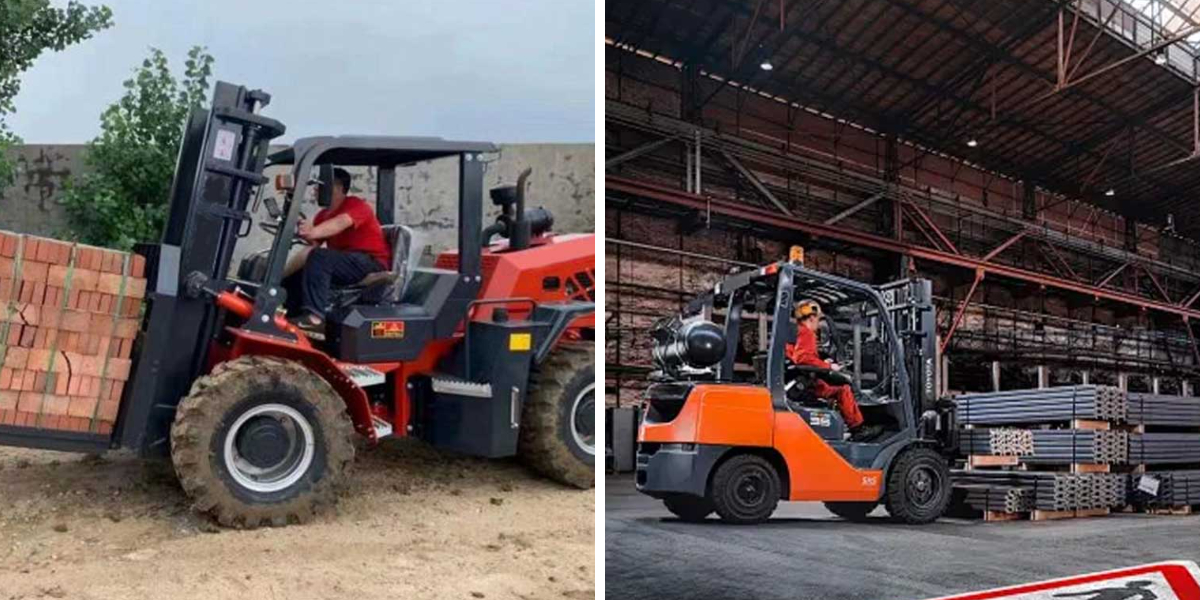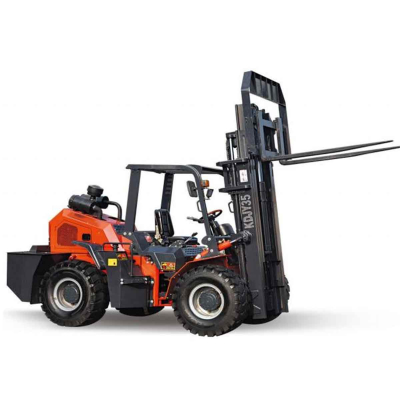LPG Forklift VS Diesel Forklift: Which Is the Ultimate Power Choice For Your Warehouse Logistics?
When it comes to choosing a forklift, the debate between LPG and diesel forklifts is always a key one. While both have their fans, which one is best for your specific workload?
1. Power and performance
Diesel forklift: Strong torque, especially good at heavy-load climbing, rough roads and long-term high-intensity operations, it is a reliable partner for outdoor heavy-duty conditions.
Liquefied petroleum gas forklift: Fast acceleration response, smoother and quieter operation. Stable power output, sufficient for most standard cargo handling needs in warehouses.
2. In-Depth Analysis of Operating Costs
Fuel Cost: LPG fuel is typically significantly cheaper than diesel, especially in high-intensity usage scenarios, where LPG forklifts can offer significant cost savings.
Maintenance Cost: Diesel engines are relatively complex, requiring more frequent oil and filter changes, resulting in higher maintenance costs than LPG forklifts. LPG engines burn cleaner, produce less carbon deposits, and are relatively simple and economical to maintain.
3. Environmental protection and working environment impact
Emissions: LPG forklifts are a more environmentally friendly choice. The pollutants they emit are much lower than diesel forklifts, easily meeting strict indoor emission standards and ensuring employees' breathing health.
Noise: LPG forklifts have significantly lower operating noise, creating a more comfortable indoor working environment and reducing noise pollution.
4. Applicable Scenarios
| Scenario factors | LPG forklift | Diesel forklift |
| Main working environment | Mainly indoor | Mainly outdoor/harsh environment |
| Air quality requirements | Very high (no smoke and no odor) | Relatively low requirements |
| Noise restrictions | Strictly restricted area | Allow loud noise |
| Type of cargo | General goods, food, medicine | Building materials, heavy materials |
| Temperature adaptability | Conventional and cold chain (> -20°C) | Extremely cold environment is better |
| Ground conditions | Flat hard ground | Rough, muddy road |
Conclusion: The key lies in your core needs
Prefer LPG forklifts:
Your work is mainly in indoor warehouses or places with extremely high environmental protection requirements
Emphasis on lower operating costs and better working environment
Need to take into account both indoor and outdoor light and medium transition operations
Prefer diesel forklifts:
You are facing extremely heavy loads, complex terrain or purely outdoor harsh working conditions
The working environment has no strict restrictions on noise and emissions
Often working in extremely cold areas and has strict requirements on starting performance






